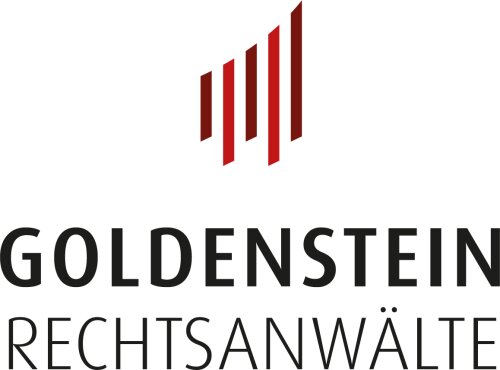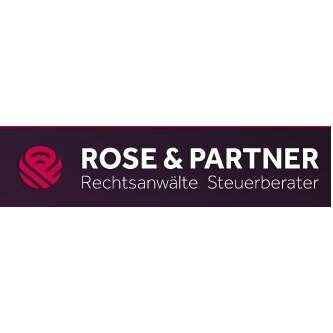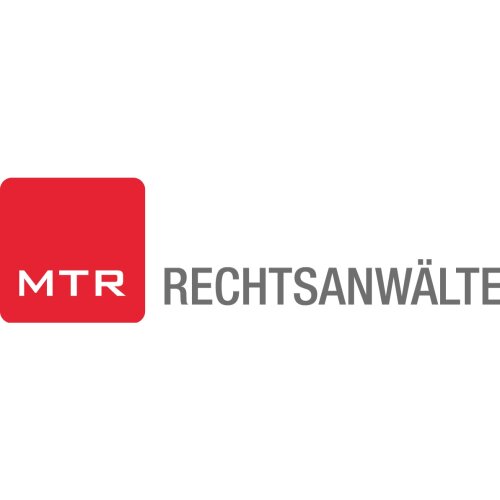Best Public-Private Partnerships (PPP) Lawyers in Berlin
Share your needs with us, get contacted by law firms.
Free. Takes 2 min.
List of the best lawyers in Berlin, Germany
About Public-Private Partnerships (PPP) Law in Berlin, Germany
Public-Private Partnerships (PPP) are structured collaborations between public sector authorities and private sector entities with the goal of delivering public infrastructure or services. In Berlin, Germany, PPPs are used to finance, build, operate, and maintain a variety of public projects, ranging from transportation and schools to hospitals and utilities. The legal framework governing PPPs is designed to ensure transparency, efficiency, and public benefit while allowing the private sector to bring expertise and investment into public initiatives.
Why You May Need a Lawyer
Navigating the complex legal landscape of Public-Private Partnerships in Berlin often requires specialized legal assistance. Here are some situations where you may need a lawyer:
- Contract drafting and negotiation - PPP agreements are highly detailed and legally binding. Lawyers help draft contracts that protect their client's interests.
- Regulatory compliance - Ensuring that PPP projects adhere to local, state, and federal laws is crucial. Legal support helps avoid costly penalties or project delays.
- Risk allocation - Lawyers assist in identifying and managing legal and financial risks inherent to PPP projects.
- Dispute resolution - Disagreements between public and private partners may require legal representation in negotiations or court.
- Procurement procedures - Navigating the public procurement rules in Berlin is complex and subject to strict regulations.
- Financing arrangements - Legal advice ensures financial structures comply with German law.
Local Laws Overview
Public-Private Partnerships in Berlin are subject to a combination of German federal laws and specific state regulations. The following legal frameworks are particularly relevant:
- German Civil Code (Bürgerliches Gesetzbuch - BGB) - Governs contractual relationships and obligations between parties.
- Public Procurement Law - The Vergaberecht applies to the selection of private partners and establishes transparent tendering procedures.
- BauGB (German Building Code) - Must be considered for projects involving construction or alteration of public infrastructure.
- Specific Berlin State Laws - Berlin has local ordinances and administrative guidelines tailored to the planning and execution of PPPs.
- EU Directives - European regulations often impact large PPP projects, particularly regarding competition and procurement.
Each PPP project is unique, so the exact legal requirements depend on the nature, scope, and location of the undertaking. Consulting a legal expert ensures compliance at every stage.
Frequently Asked Questions
What is a Public-Private Partnership (PPP) in Berlin?
A Public-Private Partnership (PPP) in Berlin is a long-term agreement between a public authority and a private company to design, finance, construct, operate, or maintain public infrastructure or services.
Which laws regulate PPPs in Berlin?
PPPs are regulated by a combination of German civil law, public procurement law, Berlin-specific laws, and applicable European Union directives.
What types of projects commonly use PPPs in Berlin?
Transport infrastructure (such as roads and railways), public buildings (schools, hospitals, sports facilities), energy projects, and digital infrastructure are often developed via PPP.
How are PPP partners selected?
Private partners are typically chosen through a public tender process, ensuring fairness, transparency, and competition in accordance with procurement law.
What are the main advantages of PPPs?
PPPs can provide access to private sector expertise and financing, speed up project delivery, and share risks between public and private sectors.
Are there risks involved in PPPs?
Yes. Risks include regulatory changes, financing challenges, complex contract management, and potential disputes over performance or payments.
What should be included in a PPP contract?
A PPP contract should clearly define project scope, parties’ obligations, risk sharing, payment terms, dispute resolution mechanisms, and performance standards.
Can foreign companies participate in PPPs in Berlin?
Foreign companies can participate, provided they meet eligibility and qualification criteria set in the tender documents and comply with German and EU procurement laws.
What happens if a dispute arises in a PPP?
Disputes are typically handled through negotiation, mediation, or, if necessary, litigation or arbitration as set out in the project contract.
Do I need legal representation for a PPP?
While not strictly required, legal representation is strongly recommended due to the complexity, potential liabilities, and regulatory requirements involved in PPPs.
Additional Resources
The following resources and organizations may assist those seeking information or support on PPPs in Berlin:
- Senate Department for Urban Development, Building and Housing Berlin
- Federal Ministry for Economic Affairs and Climate Action (Bundesministerium für Wirtschaft und Klimaschutz)
- PPP Task Force at the Institute for Federal Real Estate
- Chamber of Industry and Commerce (IHK Berlin)
- European PPP Expertise Centre (EPEC)
- German PPP Association (Bundesverband PPP e.V.)
- Local bar associations for lawyer referrals
Next Steps
If you are considering involvement in a Public-Private Partnership project in Berlin or have questions about your current or prospective role, follow these steps for effective legal support:
- Define your project’s aims, scope, and partners
- Gather all relevant project documents and any initial agreements
- Consult with a qualified legal professional who specializes in PPP law in Berlin
- Prepare a list of project-specific questions or concerns to address with your lawyer
- Review all contracts and regulatory requirements thoroughly before making commitments
Early and comprehensive legal advice will help protect your interests, ensure compliance, and maximize the chances of success for your PPP project in Berlin.
Lawzana helps you find the best lawyers and law firms in Berlin through a curated and pre-screened list of qualified legal professionals. Our platform offers rankings and detailed profiles of attorneys and law firms, allowing you to compare based on practice areas, including Public-Private Partnerships (PPP), experience, and client feedback.
Each profile includes a description of the firm's areas of practice, client reviews, team members and partners, year of establishment, spoken languages, office locations, contact information, social media presence, and any published articles or resources. Most firms on our platform speak English and are experienced in both local and international legal matters.
Get a quote from top-rated law firms in Berlin, Germany — quickly, securely, and without unnecessary hassle.
Disclaimer:
The information provided on this page is for general informational purposes only and does not constitute legal advice. While we strive to ensure the accuracy and relevance of the content, legal information may change over time, and interpretations of the law can vary. You should always consult with a qualified legal professional for advice specific to your situation.
We disclaim all liability for actions taken or not taken based on the content of this page. If you believe any information is incorrect or outdated, please contact us, and we will review and update it where appropriate.














